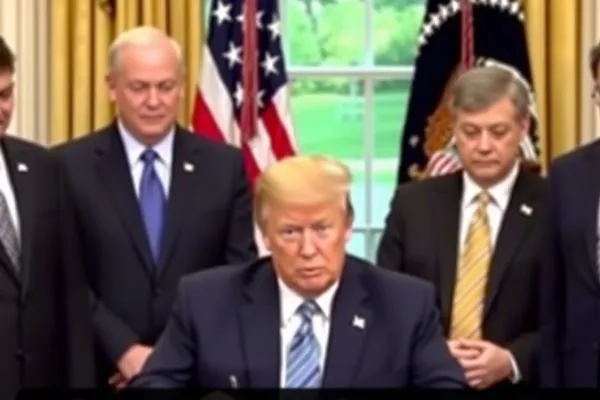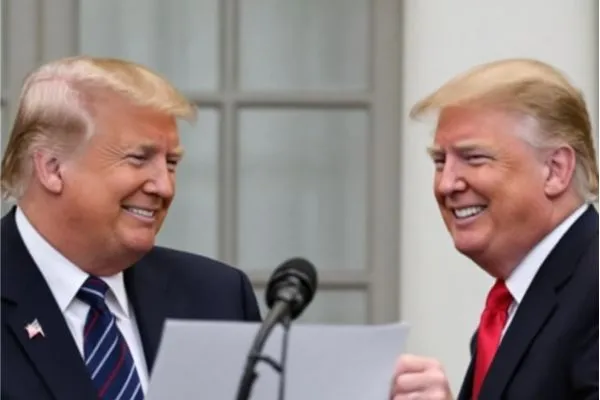President Donald Trump signed an executive order imposing tariffs on imports from Canada, Mexico, and China. The move aims to protect U.S. industries and reduce trade deficits by targeting specific goods. The decision has sparked debates over potential economic impacts and strained trade relations with key allies.
Critics warn of possible retaliation and increased costs for consumers, while supporters argue it strengthens American manufacturing.
Trump Signs Order Imposing Tariffs on Canada & China
In a significant move that could reshape international trade dynamics, former President Donald Trump announced the imposition of tariffs on imports from three of the United States’ largest trading partners—Canada, Mexico, and China. The decision was unveiled during a press interaction at the White House on January 21.
During his address, Trump criticized Canada and Mexico for their alleged roles in facilitating the illegal drug trade that impacts the U.S.
He emphasized that these tariffs are part of an aggressive strategy to leverage economic pressure, aiming to compel these nations to strengthen their efforts against illegal immigration and the influx of illicit drugs into American territory.
The tariffs were enacted under emergency economic powers, showcasing the administration’s willingness to utilize robust measures to address what it perceives as critical national security threats.
This action underscores the administration’s prioritization of border security and its commitment to curbing the flow of illegal substances across U.S. borders.
By targeting these key trading partners, the Trump administration has entered a complex arena where economic policy intersects with broader geopolitical concerns. The ramifications of these tariffs could be far-reaching, affecting not only bilateral relations but also global trade patterns.
As stakeholders worldwide assess the potential impact, the decision has sparked discussions about the balance between national security interests and international economic cooperation.
This bold step reflects the ongoing challenges and tensions inherent in managing multifaceted relationships with major trade allies while addressing domestic priorities such as immigration control and public safety.










